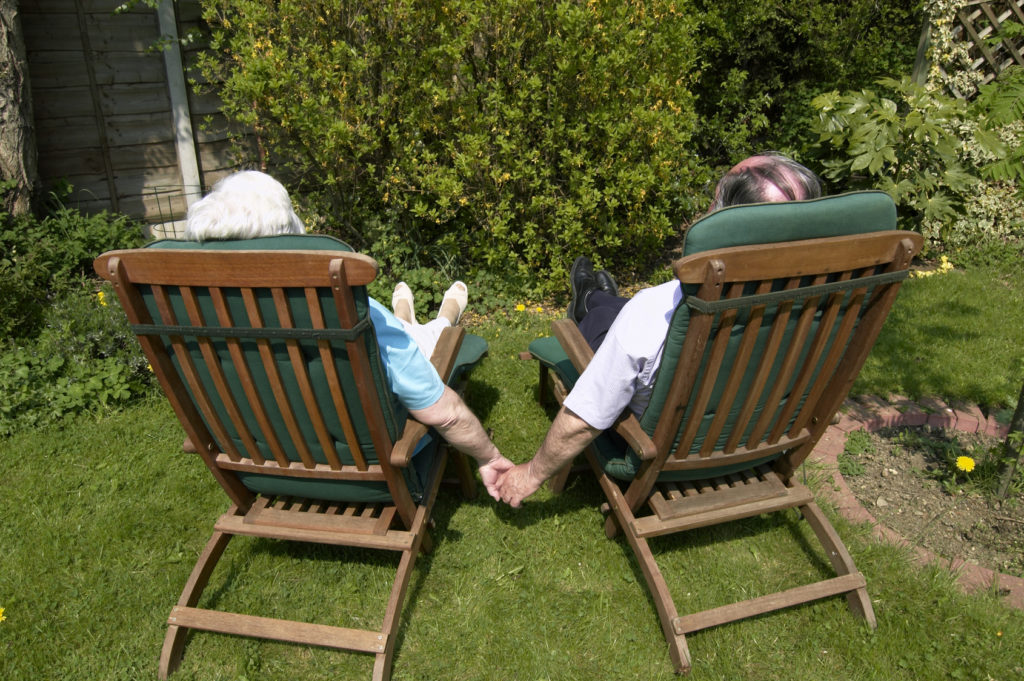In the current COVID-19 crisis, older adults are at particular risk for severe health outcomes and increased mortality. Efforts are made to shield them from exposure to the virus to prevent contraction. Whereas it is of prime importance to raise public awareness on the special risk of older people, and reduced in-person contact is essential to protect vulnerable groups, we have to take into account what effects these measures and their communication to the public have on the target population.
The project CRISIS tackles the question of how health safety measures (such as physical distancing) and their communication to the public are experienced by the target group (60+) and examines psychological and behavioral correlates/outcomes. Furthermore, comparative analyses of younger and older old adults, living independently and in residential settings are implemented. The assessment takes place on two time-points to explore processes and detect possible mid-/ long-term effects.
The project responds to questions raised by the WHO coordinated global research roadmap (WHO, 2020), namely providing insight on the immediate and long-term (secondary) effects of measures taken, focusing on the (vulnerable) group of older people who are specifically concerned by the present Covid19 pandemic. Moreover, results provide answers to questions in public health and media & communication (“what are relevant, feasible, effective approaches to promote acceptance, uptake, and adherence to public health measures for COVID-19 prevention and control, and how can secondary impacts be rapidly identified and mitigated?”; “What are the most effective ways to address the underlying drivers of fear, anxieties, rumors, stigma regarding COVID-19”). Last, the project helps to communicate “knowledge outputs to non-social scientists” and to engage “with communities to bring their voices to decision-making processes.”
The project CRISIS is funded by a grant of the Luxembourg National Research Fund (Ref.: 14705672—CRISIS) and directed by the University of Luxembourg in collaboration with geroRESARCH. Duration 6M (May to October 2020).
Publications related to the CRISIS project:
Kornadt, A., Albert, I., Hoffmann, M., Murdock, E., Nell, J. (2021). Perceived Ageism During the Covid-19-Crisis Is Longitudinally Related to Subjective Perceptions of Aging. Frontiers in Public Health, 9, 1-7.
Kornadt, A., Albert, I., Hoffmann, M., Murdock, E., Nell, J. (2021). Ageism and Older People’s Health and Well-Being during the Covid-19 Pandemic: The Moderating Role of Subjective Aging. European Journal of Ageing. https://orbilu.uni.lu/handle/10993/46820
Albert, I., Hoffmann, M., Kornadt, A, Murdock, E.& Nell, J. (2020). Social Isolation, Loneliness and Well-being in the Covid-19 Crisis: A Look at Nursing Home Residents in Luxembourg Innovation in Aging, 4(Supplement 1), 957-958.





